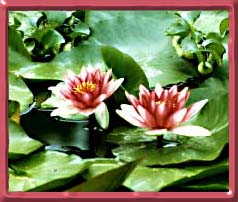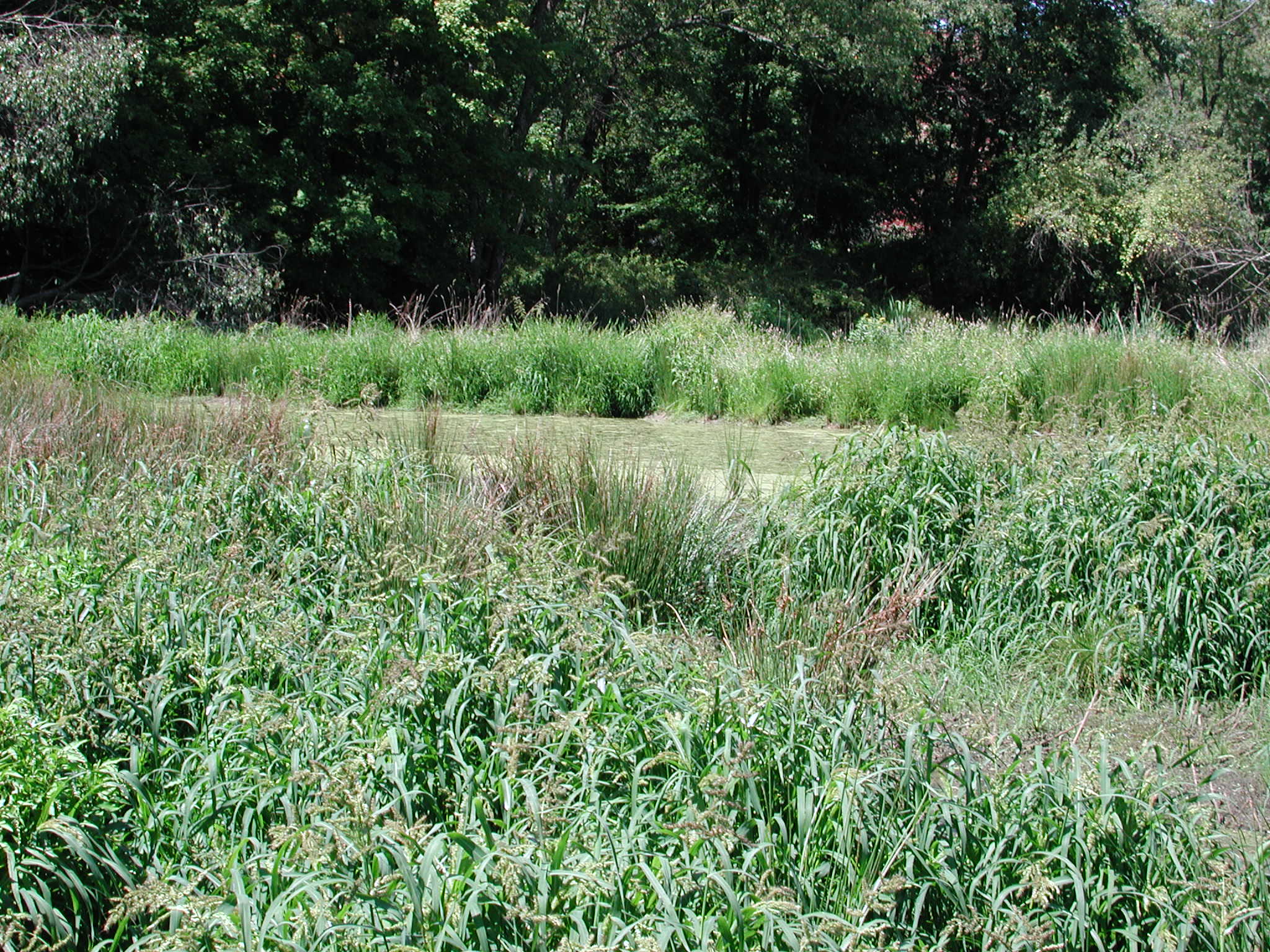 |
Wetland Restoration |
 |
|
definition functions losses alterations Restoration Decisions: (and theory) designtype site reference sites HGM vs. IBI hydrology vegetation soil landscape success criteria floristic quality Abby Rokosch Jessen Book Siobhan Fennessy |
Restoration ecology is a relatively new field of research and has developed as a result of the advances in ecology as a science. Historically, ecology has been perceived as a descriptive exercise (Bradshaw, 1987 in Ewel, 1987). The reconstruction of ecosystems was conceived theoretically, and written down on paper (Bradshaw, 1987 in Ewel, 1987). As the amount of natural forest, prairie, grassland, river, lake, and wetland ecosystems decline, it became important to begin "replacing" some of the ecosystems that have been destroyed for future generations, ecologists began to gradually change their way of thinking. Leopold was one of the first ecologists that saw the need for restoration and practiced it at the same time (Bradshaw, 1987 in Ewel, 1987). A.D Bradshaw in Ewel (1987) describes restoration ecology and the restoration of an ecosystem as an "acid test of our understanding of that system". Meaning, "there can be no more direct test of our understanding of the functioning of ecosystems than when we put back, in proper amount or form, all the components of the ecosystem that is indistinguishable in both structure and function from the original ecosystem, or the ecosystem that served as our model (Bradshaw, 1987 in Ewel, 1987)." Ecology has come a very long way over the past decade. Ecologists are now taking responsibility to help restore degraded ecosystems. A question that is common in restoration ecology is one that concerns the actual ability of human kind to restore nature's natural functions. Over time, we understand that nature will be able to repair itself; given a sufficient amount of time, nature will be able to remedy what we have destroyed or altered. This brings up another question, one that is particularly relevant to restoration ecology, and that is, Can we afford to wait for nature? Many restoration ecologists do not believe we can and are now searching for ways to help nature along in its healing process. Wetland restoration has become a "hot" field over the last decade due to the extreme losses we have experienced and the realization that wetlands are valuable ecosystems, not just "ugly, swampy, and mosquito infested areas". This website focuses on the history of wetland losses, and looks closely at current attempts at wetland restoration. Specifically, this site will examine how effective attempts at restoration have been, and synthesize suggestions (from the literature) on how to improve what is currently a failing practice.
Photo by: Jessen Book Historically, wetlands have been viewed as nuisances. Under the water, farmers have seen/see profitable land, ranchers have seen/see grazing land, and developers have seen/see valuable land gone to waste. Rather than understanding the inherent functions of wetlands within the environment as a whole, human beings have willfully contributed to the destruction of a valuable component of our collective biosphere. |
